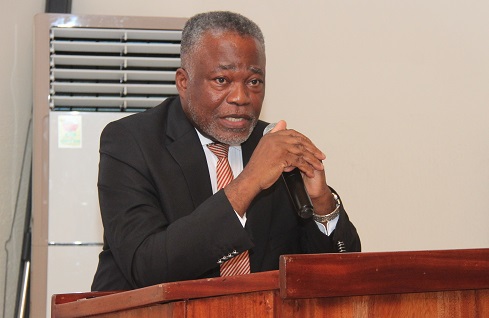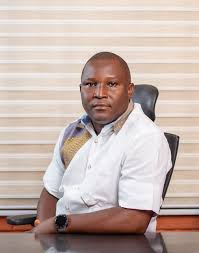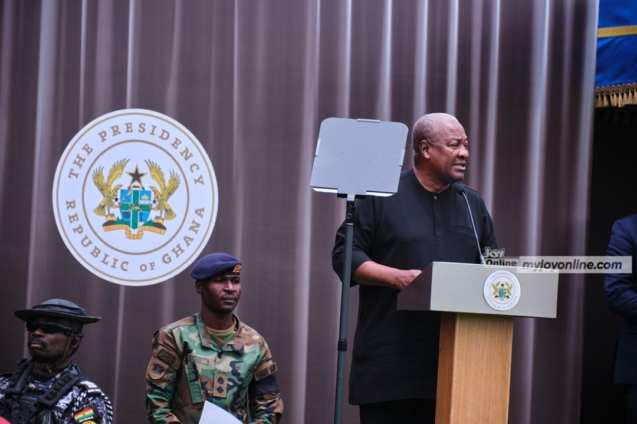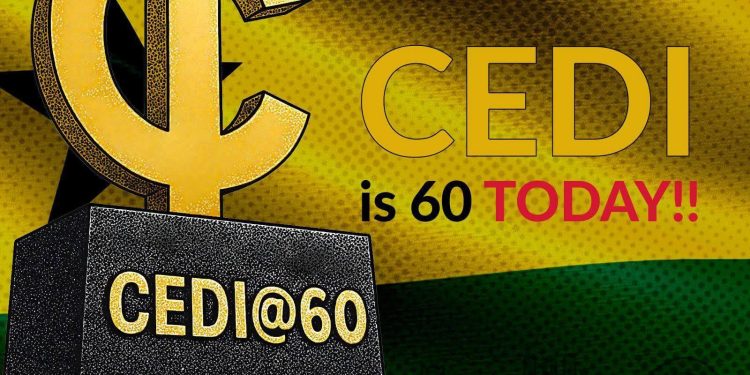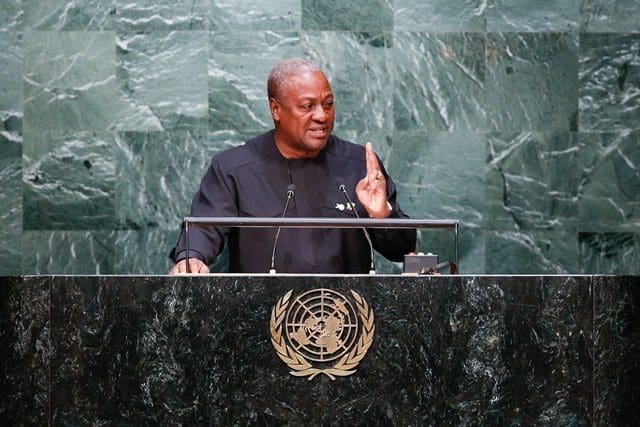A former Ghanaian military officer and security analyst is calling for a comprehensive probe into reports that a passenger aboard the military helicopter that crashed earlier this week may have made a phone call shortly before the aircraft went down.
Retired Colonel Festus Aboagye, speaking on TV3’s KeyPoints program Saturday, underscored the importance of analyzing flight data, cockpit recordings, and telecommunications records to piece together the events that led to the fatal crash, which claimed the lives of eight Ghana Armed Forces personnel.
The aircraft, he noted, was equipped with an anti-crash flight recorder—commonly referred to as a “black box”—which preserves approximately 30 minutes of flight information prior to an incident. While this time frame is shorter than that of some commercial flight data recorders, Aboagye said the device remains “critical and significant” to investigators.
The recorder captures key flight metrics including engine performance, altitude, bearing, and airspeed, as well as cockpit audio. These audio recordings, Aboagye noted, can also pick up conversations involving individuals who are not part of the flight crew, should they have entered the cockpit.
Referencing unconfirmed reports that a passenger communicated with someone outside the aircraft via mobile phone before the crash, Aboagye recommended that investigators collaborate with telecommunications companies to verify whether any calls were made during flight.
“Call logs, timestamps, and durations can be retrieved and compared with cockpit voice data to establish a sequence of events,” he said.
In addition to analyzing the black box, Aboagye highlighted the role of forensic science in the broader investigation. DNA testing, he said, will be necessary to confirm the identities of those on board, while other forensic methods may yield insight into the mechanical or human factors contributing to the incident.
“In modern crash investigations, it’s not just about examining the wreckage,” Aboagye said. “A thorough analysis involving phone records, voice data, and forensics provides the most complete picture of what happened.”
While he acknowledged the profound grief caused by the tragedy, Aboagye emphasized that a meticulous and transparent investigation is essential—not only to determine the truth but also to help prevent similar accidents in the future.



